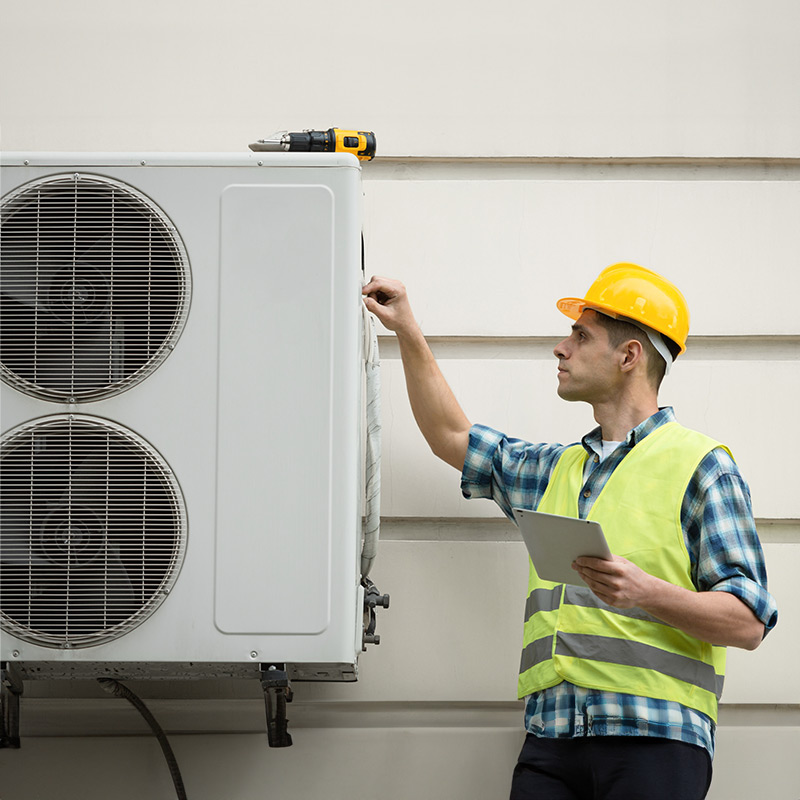
$899.00
Enhance your expertise in heat pump maintenance with our comprehensive training designed for Preferred EfficiencyOne Vendors and Facility Managers—especially those serving First Nations communities. Master the essentials of how heat pumps work, critical maintenance routines, troubleshooting techniques, and the safe handling of flammable refrigerants to optimize system performance and longevity.
Elevate your skills and ensure optimal performance of your heat pump systems with our comprehensive **Heat Pump Maintenance Training** course. Tailored for Preferred EfficiencyOne Vendors and Facility Managers—especially those serving First Nations communities—this program offers in-depth understanding of how heat pumps work and their critical components. Gain practical expertise in conducting monthly, seasonal, and annual maintenance, including material requirements, cleaning routines, filter and grill care, and outdoor unit upkeep. Master troubleshooting techniques for common issues like unusual smells, dirt buildup, mold, and system malfunctions, and learn the appropriate levels of intervention. You’ll also learn to create effective maintenance schedules and develop preferred vendor lists, all while understanding the safe handling of flammable refrigerants. Join us to enhance your proficiency, reduce downtime, and extend the lifespan of your heat pump systems.
Our Heat Pump Maintenance Training program includes the following approaches and modules for delivery:
Preferred EfficiencyOne Vendors and Facility Managers: